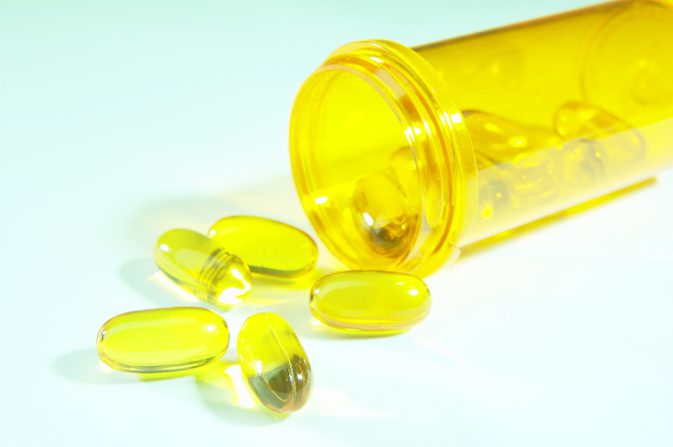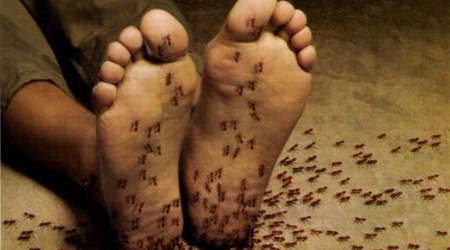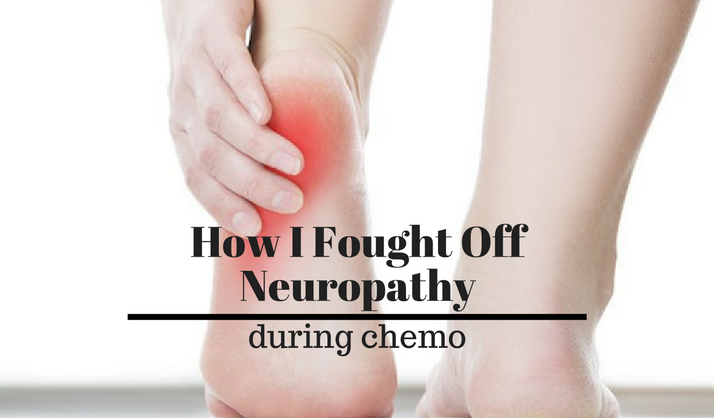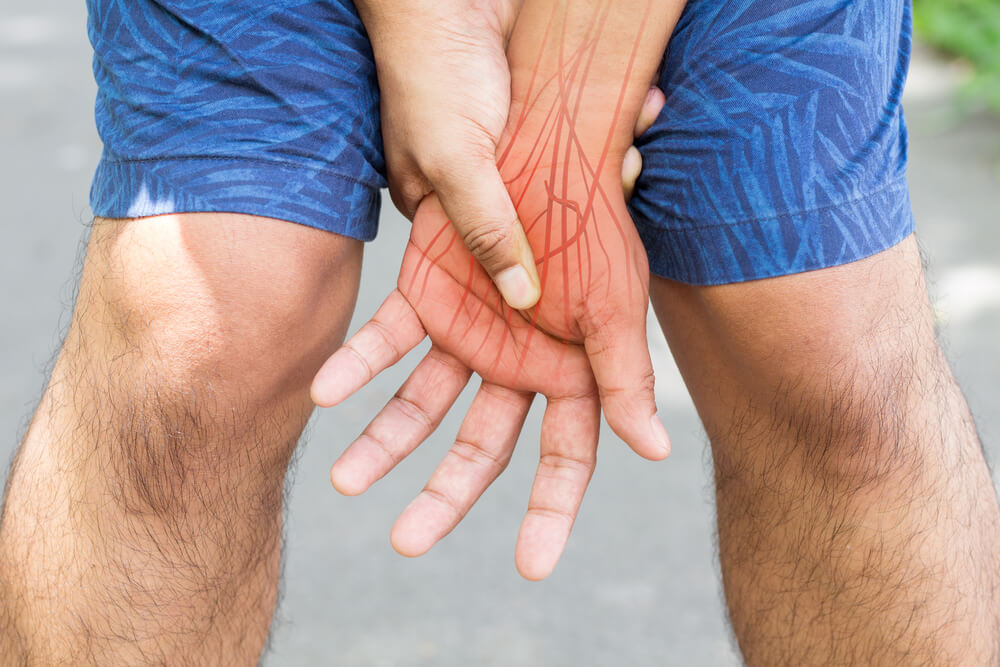Peripheral neuropathy is a condition in which peripheral nerves are damaged. Peripheral nerves are those nerves that are not part of the brain and the spinal cord. Peripheral nerves send information about other parts of the body to the brain and spinal cord and receive messages from the brain and spinal cord. Peripheral neuropathy often occurs as a result of diabetes or treatment of cancer with chemotherapy. Studies show that the amino acid, or protein building block, L-glutamine can minimize damage to the nerves during chemotherapy.
Peripheral Neuropathy
There are three kinds of peripheral nerves: motor nerves, sensory nerves and autonomic nerves. Motor nerves control skeletal muscles, sensory nerves transmit information from the senses and autonomic nerves control autonomic processes, such as breathing, digestion and heart and gland function. Peripheral neuropathy can affect nerves in all three groups. Symptoms are very different depending on which types of nerves are affected. Sensory neuropathy often leads to numbness and tingling in arms and legs. Motor neuropathy can lead to cramps, muscle weakness and an inability to control major muscle groups. Autonomic neuropathy can cause a disturbance in the autonomic processes, for example, an irregular heartbeat. All three types of neuropathy can be associated with severe pain.
Cancer Treatment and Neuropathy
Chemicals, such bortezomib, cisplatin and paclitaxel, are used to treat breast cancer, lung cancer, ovarian cancer and head and neck cancer. They interfere with different aspects of cell division in cancer cells. Thirty to 40 percent of cancer patients who are treated with these chemicals experience some degree of neuropathy, usually motor neuropathy or sensory neuropathy. Neuropathy can be so debilitating that patients stop their treatment early or require lower doses, which may reduce their chances of survival.
Uses of L-Glutamine
L-glutamine has a variety of beneficial effects on body function. It can strengthen the immune system when it is weakened following intense exercise or stress. It can also help repair damaged cells and tissue after surgery or accidental injury. When the body is injured, there is a breakdown of muscle tissue. The amino acids that result from the muscle breakdown are transferred to the site of injury, so they can help defend the body against infection, support the function of vital organs and help repair wounds. L-glutamine constitutes about one-third of the amino acids transferred from the muscles to the site of injury.
Neuropathy and L-Glutamine
Studies published in the May 2001 issue of “Clinical Cancer Research” and the June 2005 issue of “Clinical Oncology” confirm that L-glutamine may be effective in preventing or reducing the extent of peripheral neuropathy during chemotherapy treatment. In the first study, patients received either 10 grams of L-glutamine three times a day or a placebo the day after their first chemotherapy treatment. After their treatment, the patients who had received glutamine experienced significantly less severe instances of neuropathy. The researchers in the second study confirmed these effects of L-glutamine on peripheral neuropathy during chemotherapy. They found a significant reduction in numbness and muscle weakness in particular in the group who had been given L-glutamine.





